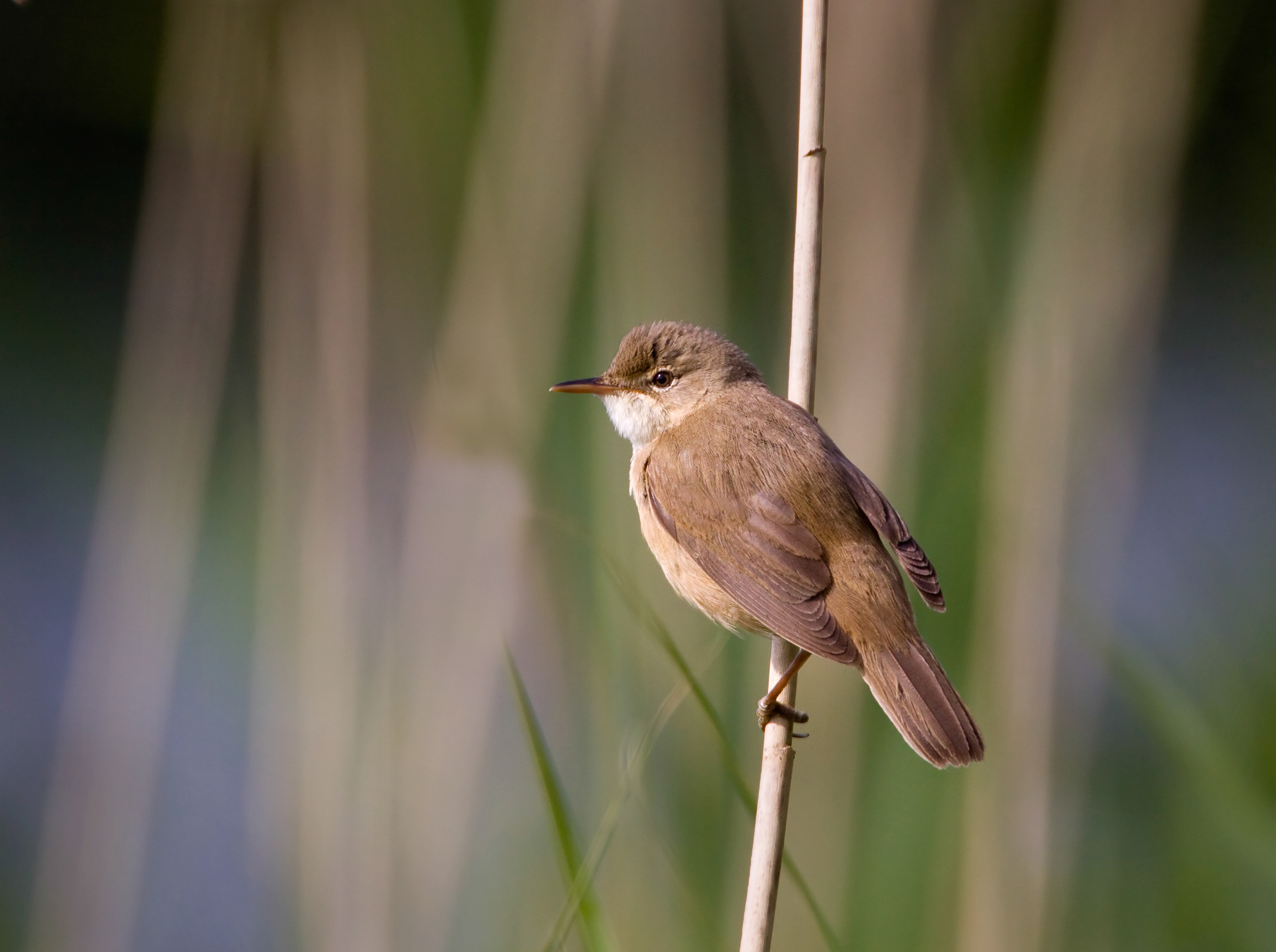
BirdTrack migration blog (24–31 May)
There have been several Honey-buzzards trying to battle against these winds only to return to the garden after making a little headway north. One bird tried several times one afternoon but ended up roosting in the pines below the garden before heading off into lighter northerlies the next morning. One can only wonder how far these birds are able to travel each day in these conditions. Although a few Honey-buzzards have already returned to Britain, with lighter winds during the next week, more should follow.
Spotted Flycatchers have also been around during the last week, resting and feeding up in sheltered spots before moving on, so there could well be a further arrival of these in Britain too.
Golden Orioles are also still on the move, and it has been a very interesting spring for this species. There was a very early arrival during early April followed by the more expected arrival of birds during the first week of May. With birds still on the move, it looks like the species is experiencing a rather protracted migration period this spring and more birds could well be found in Britain during the next week.
Right now the migration picture is of holes being filled for many species that arrived bang on cue. Reed Warbler is a good example. Certain individuals from this species arrived during April as usual and settled down to breed, but there will be other individuals that are still moving back to their breeding grounds, and have been held up by the recent northerly winds.
With the winds becoming lighter, it could be a busy week as those birds begin to head north again. So, if you haven’t yet seen a Whitethroat or heard a Grasshopper Warbler this spring, this may well be the week when it happens.
Grasshopper Warbler song
For most of the week the winds will be coming from the west, although during the weekend the Northern Isles will still be in east/south-easterly airflow – what a spring they have had so far, all thanks to persistent easterlies!
Towards the end of the week, there will be light southerlies across North Africa, Iberia and France and this could be when migration picks up a little once again – maybe it will be the turn of the Isles of Scilly and the south to hit the migration headlines.
During the last few days there has been a northerly movement of Griffon Vultures over my garden in central Portugal, and it is around this time that wandering birds turn up in the low countries. It would seem that the English Channel might just be a big enough barrier to stop a bird reaching Britain but you never know, with the right winds it could happen. Now, that would really be something!
Send us your records with BirdTrack
Help us track the departures and arrivals of migrating birds by submitting your sightings to BirdTrack.
It’s quick and easy, and signing up to BirdTrack also allows you to explore trends, reports and recent records in your area.
Find out more



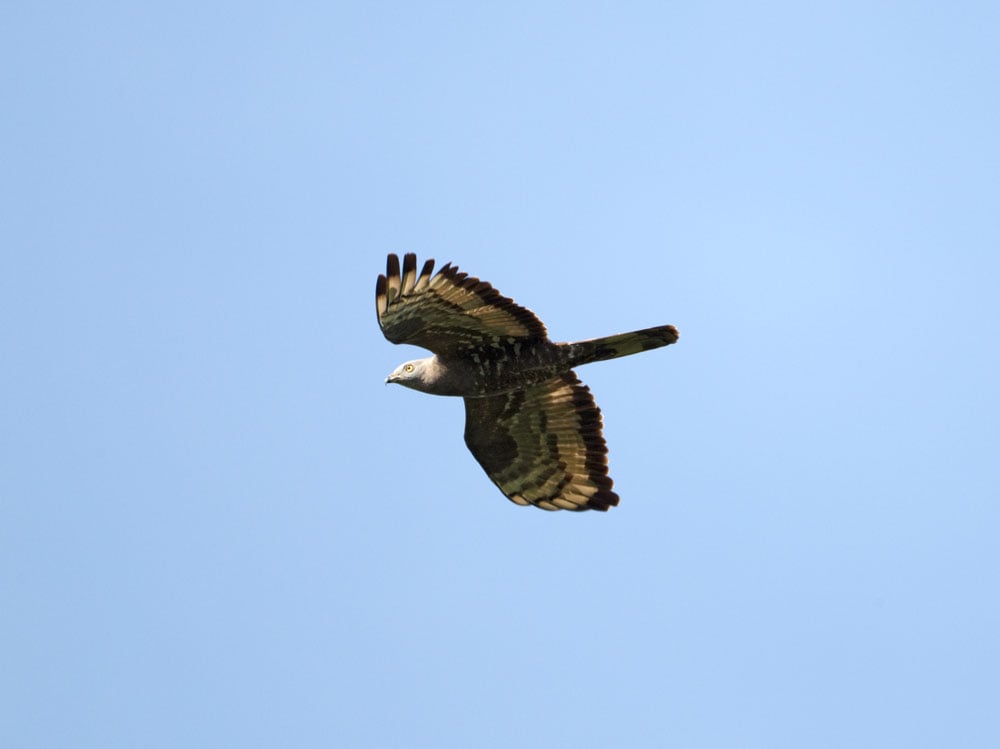
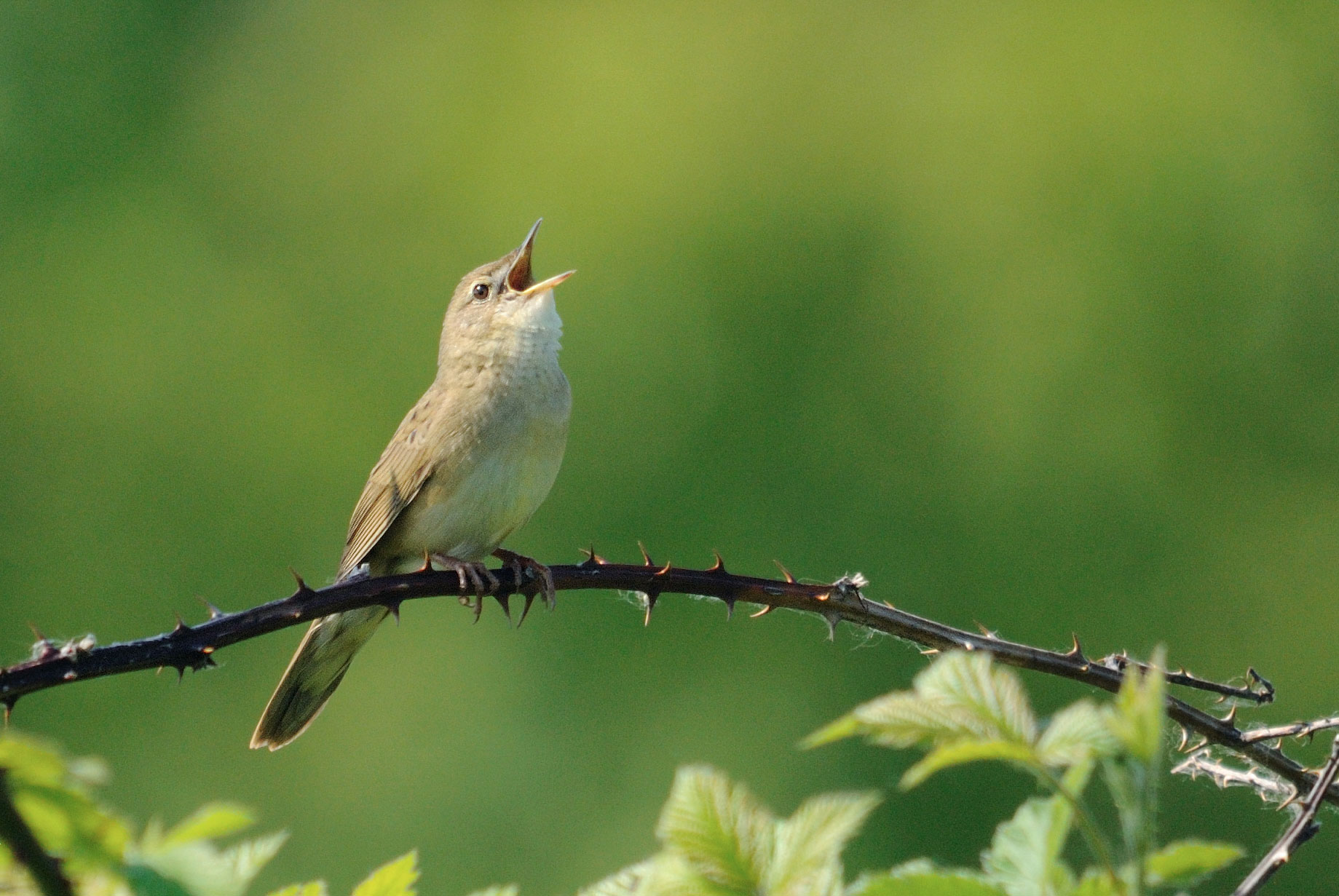
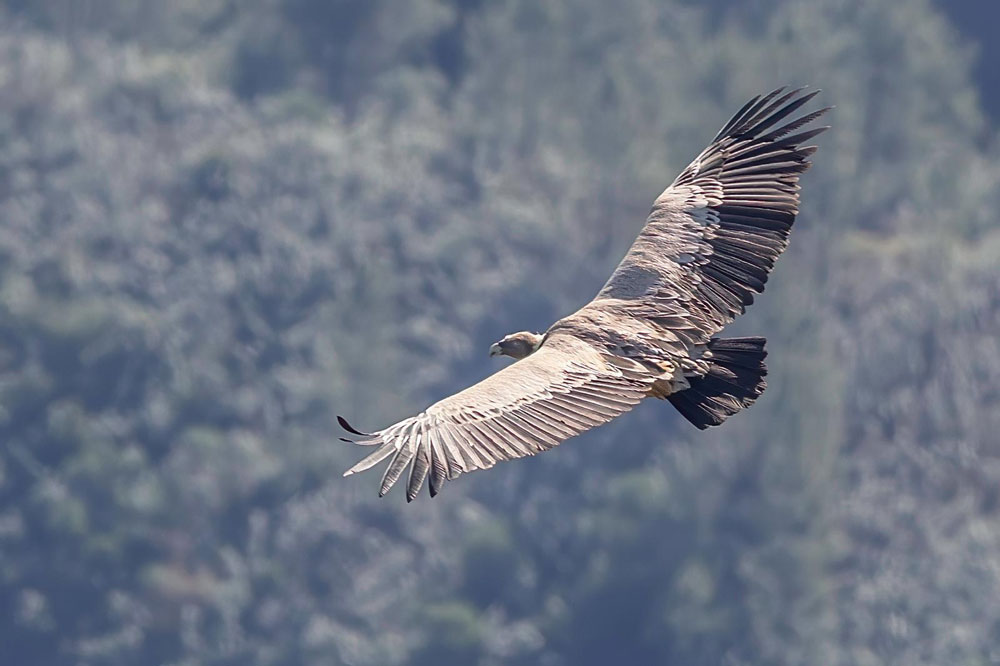
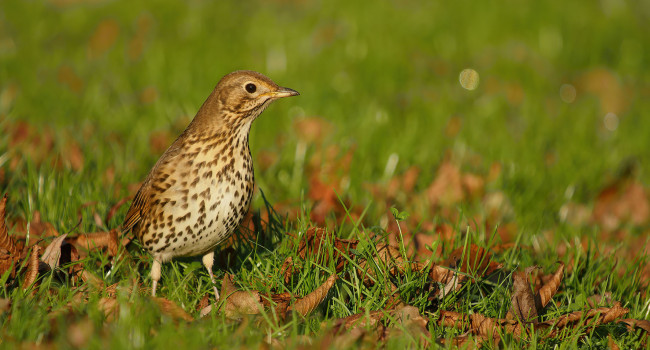
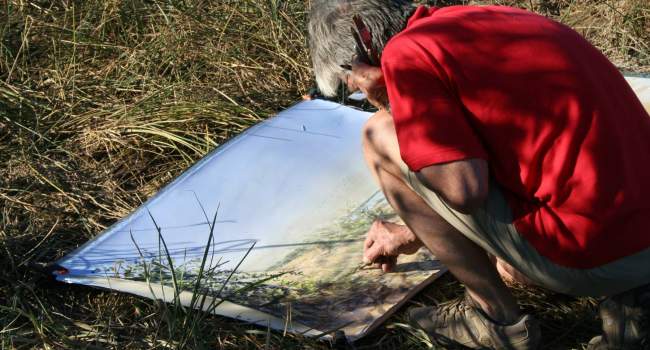
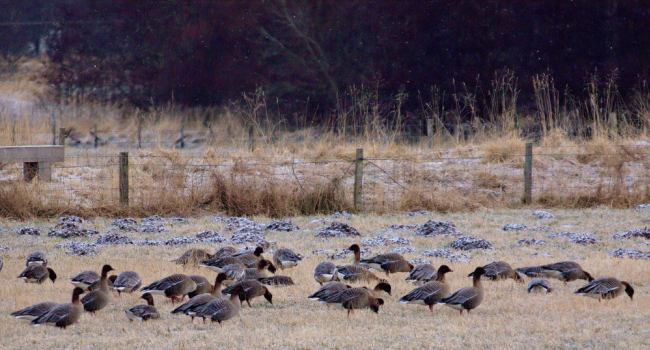

Share this page